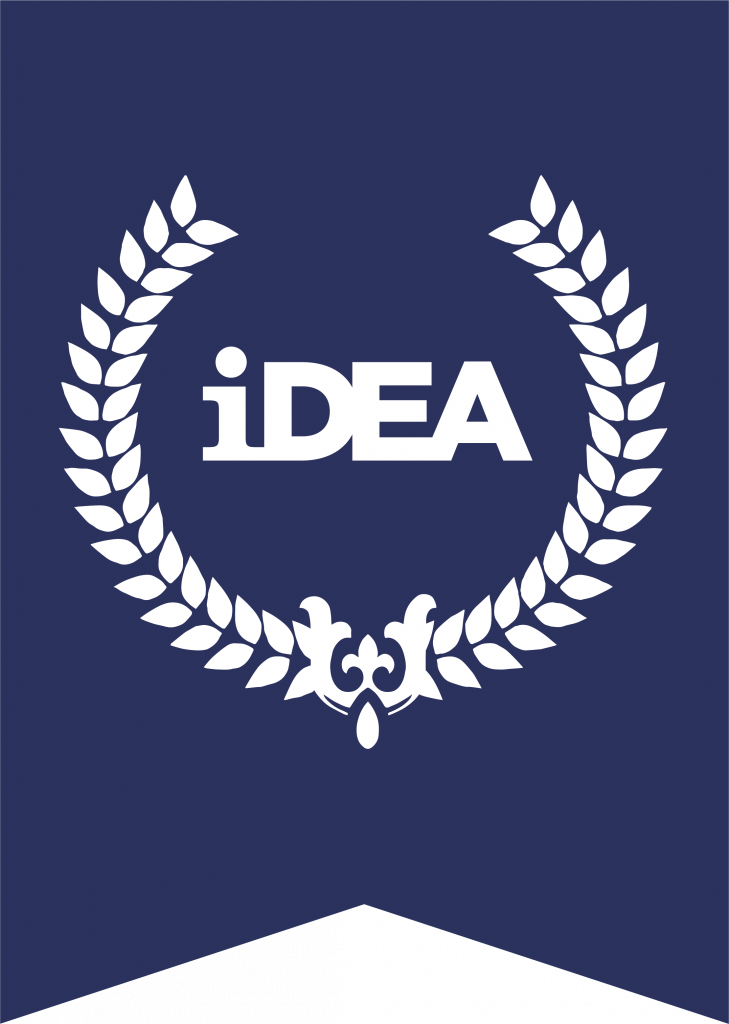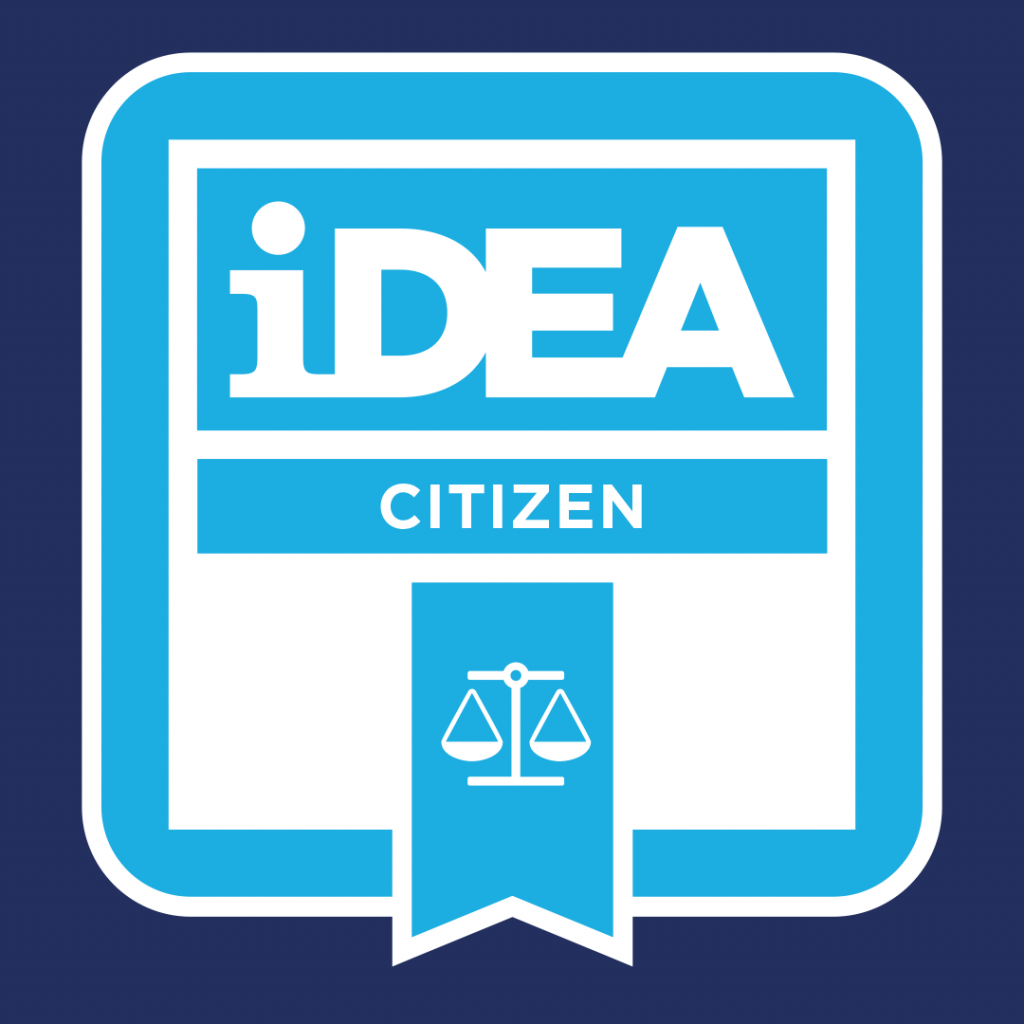iDEA is an accessible online learning programme that helps you gain employability, digital and enterprise skills, completely for free! Read second year English Literature student, Georgia Bowers’ experience, to find out more.
Developing digital capabilities
As part of the Humanities in a Digital World module, I was asked to carry out a JISC Digital Capabilities diagnostic report to identify how I could improve my digital skillset. JISC created the Digital Capabilities tool to support users to become confident using digital technology and learn where they could improve or where they are already proficient in a topic. The objective is to benefit students academically whilst providing detailed suggestions to improve in 16 digital areas. The good thing about the JISC tool is there are enough suggestions if someone wanted to work on their skills academically, professionally, or just to generally improve them and gain more knowledge.
To my surprise, when I received my results, I kept seeing iDEA tasks cropping up as a way for me to improve and develop my skills! As I had already undertaken some of the Bronze tasks whilst at college and had received my bronze certificate from Buckingham Palace. I decided to give the Silver Award a try.
So what exactly is iDEA?
iDEA is inspired by the Duke of Edinburgh award, and allows participants to take part in different digital challenges to earn badges. The badges cover a range of digital and enterprise skills, which each carry a number of points per badge. You can earn the Bronze and Silver to add to your CV! I am halfway through my Silver award currently with 240 points!
To win a Bronze award, participants must collect 250 points overall with a minimum of 50 from each of four categories:
- Citizen
- Worker
- Maker
- Entrepreneur
The badges are split into smaller categories that allow you to focus on certain skills that you might wish to improve upon. The citizen badge has challenges that focus on: ethics, digital awareness and safety; the worker badge includes teaching participants tools and techniques useful in the digital workplace; the maker badge focusses on digital creativity and how to build things digitally; and the entrepreneur badge covers originating and creating ideas and bringing them to life. You can learn about coding, blockchain, growth hacking, social media and virtual reality to name a few.
The Silver Award was harder to achieve and required more time than the Bronze. In order to win the Silver Award, you collect points via quests which will then turn into stars which can be added to a shield. The Silver Award includes an additional category, gamer.
Within each category, unlike the Bronze which had multiple little challenges, the Silver category has 3 badge levels that are worth 100 points overall: foundation, activation and resolution. All have quests which are unlockable as you complete them. The Silver Award requirements are 400 points minimum and to have completion of 4/5 categories. The only badge that is mandatory is the Citizen category however if a participant completes 5/5 badges they will qualify as a Silver Award star.
There are also badges that participants can use for specific skills, such as the interview badge. This badge focuses on body language, helping you find out the right information and how to answer the dreaded interview questions whether the interviewer is in front of you or on a screen, in a fun way! Having these employability skills is something everyone in life needs to touch upon every so often and this is a fun way to turn it from a drab research session into an interactive 20 minutes.
Once I had spent some time working on the challenges, I redid my JISC Digital Capabilities report at the end of the module and found I had improved massively in my intended digital areas!
What next?
Currently, iDEA has yet to release its Gold award, but the current Bronze and Silver awards are recognised by UCAS as having equal achievement levels as the Duke of Edinburgh’s Award! You can even use the iDEA award as part of your DofE skills section using the records provided.
There is also a permanent record of achievement, which contains the dates of every badge you have completed and those that you are halfway through, so that you do not lose where you are if you have had to stop and come back to it after a break. (We all know how those exam periods can be!)
In terms of their social media, the iDEA Instagram page is lively and frequently updated with videos of positive reviews from students, teachers and anybody interested in gaining digital enterprise and entrepreneurial skills. With new badges and tasks added regularly, there really is something for everyone. Most recently iDEA collaborated with intel to produce two new badges: ‘AI Project Cycle’ and ‘Maths tools for AI’.
iDEA was a great way to develop my digital capabilities and all could be achieved from the comfort of my bed and with a hot chocolate too… sometimes!

The iDEA award can be achieved from any digital device that has an internet connection – from your phone to your PC! This was so helpful and personally, made it feel fun being able to do it when I had the time, rather than if I was on a time limit in class.
So, I’d recommend that you check them out if you are interested in gaining a fun qualification this summer that you can achieve from the sun lounger!

Georgia Bowers is going into her third year. As part of the module, she also developed her LinkedIn profile and became involved in the crowdsourcing project ‘Every Name Counts’.
 Library
Library Michelle Crowther
Michelle Crowther 2970
2970




